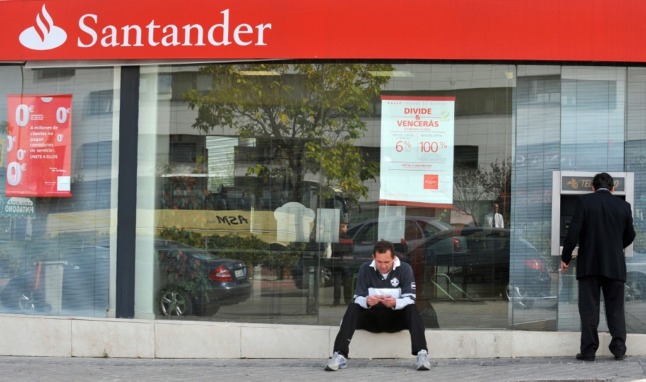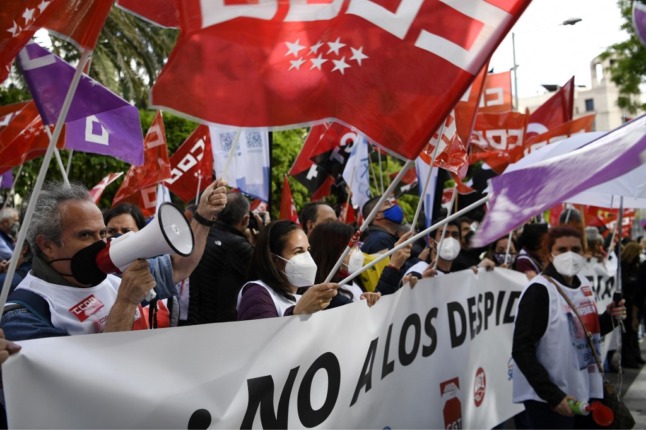Spaniards are more pleased with their current life situation than people from the EU’s other four most populated countries: Germany, France, Italy and the UK.
These are the findings of Fundación BBVA’s latest Study on International Values, which looks at values and attitudes in each country vis-à-vis public and private matters.
It’s on the personal front that Spaniards stood out the most compared to their European counterparts, based on three main points: personal satisfaction, religious belonging and perception of personal fulfilment.
Spaniards scored 7.6 out of 10 compared to the 7.4 of British respondents, 7.2 for Germans and the French and 7 for Italians, all of which are relatively high ratings.
It’s an improvement for Spain compared to results from previous International Values studies – in 2012 at the height of the country’s unemployment crisis they gave their satisfaction levels a 6.7 mark and in 2009 they ranked it at 6.7.
According to the study’s researchers, the growth is party due to Spaniards’ “increased” sense of freedom and control when it comes to their lives, highlighting that those feelings are shared throughout all age groups in Spain, even though young Spaniards and qualified professionals rated their contentment on this front even higher at 8 out 10.
READ MORE: Map reveals the 'happiest' places to live in Spain
British and Italian respondents however feel they have less freedom and control than five years ago.
In order to move up on the social ladder, Spaniards think that personal contacts, education and effort play the biggest part, whereas Germans and Italians think luck and government policies have more of an influence in this regard.
Family and relationships are now also judged by Spaniards to be less important in the pursuit of happiness and personal fulfilment, with female respondents agreeing with this statement more often than their male equivalents.
In terms of their sense of religious belonging, Spain scored 4.3 out of 10, below Italy’s 5.7 but above Germany, the UK (both 4.1) and France (3.4).
So what can we make of all this?
Is it a case of Spaniards being more satisfied with their lives than other Europeans because they’re better off than during “la crisis” years (even though salaries, work conditions and unemployment are still worse than on average in the EU)?
Or is it just part of the Spanish national psyche to be content with less?
A study by global market research firm IPSOS released only last September actually ranked Spain as the unhappiest country in Europe and second gloomiest globally after Argentina.
Other studies such as the World Happiness Report has also seen Spain come in at the bottom of the table.
READ MORE: Life in Spain is more miserable than in Saudi Arabia
Is it just a case of picking out the differences between happiness and contentment?
According to US doctor Andrew Weil, author of the book Spontaneous Happiness, “being content is better as it’s an inner feeling of satisfaction that isn’t dependent on external factors as is the case with happiness.”






 Please whitelist us to continue reading.
Please whitelist us to continue reading.
Member comments